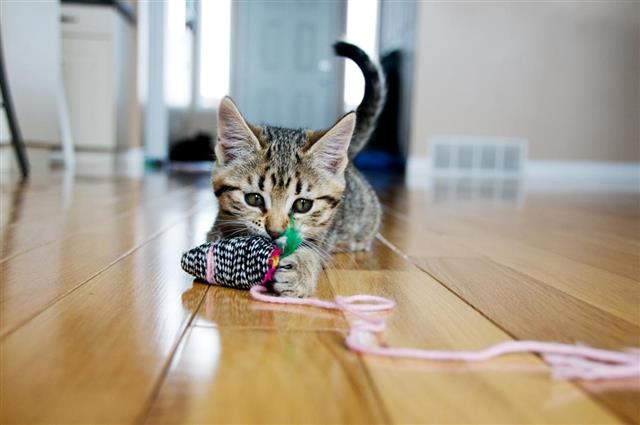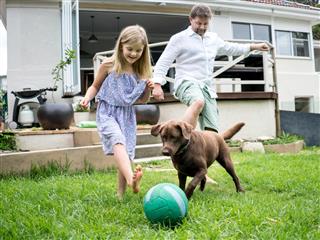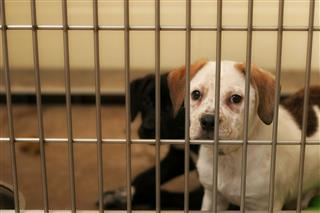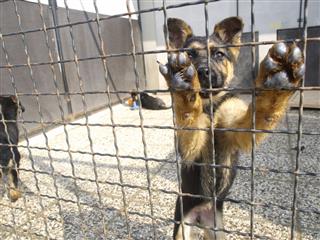
Pets can be a wonderful addition to anyone’s life, and are particularly nice for those who live alone. However, some people selfishly keep large pets in small apartments for their own reasons without considering how such a life affects the pet. In many cases, smaller pets are better suited to apartment living.
Caring for pets can be one of life’s greatest joys, particularly for those who live alone or don’t have children. It is commonly thought that having a pet such as a cat around the house can help reduce stress and improve emotional well-being. According to some sources, keeping pets can even reduce serious health risks, like the risk of heart attack or stroke, by helping to keep stress levels low. For that reason, elderly individuals are often advised to keep a cat as a pet, and cats are occasionally taken on as “residents” in nursing homes and hospice care centers to add joy to residents’ lives and perhaps even extend the lifespan.
Despite the indisputable benefits of having a pet around, prospective pet owners need to consider a number of issues from the animal’s point of view before they commit to a furry friend, particularly a long-lived one like a cat or dog. Many people fail to think about the practical aspects of life with a pet before they take a trip to the pet store or the Humane Society. In some cases, this lack of foresight can result in unhappy pets and unhappy owners if the situation isn’t well suited to both parties. This danger is particularly acute for those who live in apartments.
Many apartment buildings have restrictions on the type or number of pets that tenants are allowed to keep. Most commonly, apartment dwellers can have cage-bound pets such as fish, small reptiles, or small birds, but are forbidden from having cats and dogs. Although this might appear to be a selfish move on the part of the apartment managers, there are other, very sensible reasons for this type of regulation. Not only does it save money on cleaning and repairs when tenants move out, it also prevents serious problems that can arise if pets escape. Because apartment and condos are characterized by a high resident density, an escaped dog can be a real threat to neighboring children or individuals with allergies.
Considering neighbors isn’t the only reason to think twice before inviting a dog or cat into your apartment. Consideration should also be given to the animals themselves. Unfortunately, such inter-species empathy is fairly rare. Many people think about the benefits they themselves will receive from having a pet, never dwelling on how their individual living situations will affect the pet. If you live in an urban area of a large city, you have probably seen apartment-dwellers walking their dogs around the local park. In some unfortunate cases, this could be the only exercise the dog gets, having to spend the rest of its time cooped up in a small apartment where it’s unable to engage in the level of physical activity it needs to stay healthy.
Just as humans require a certain level of exercise to stay in top condition, animals need to be able to run and play in open spaces in order to maintain a basic level of fitness. Although some pets may not obviously display symptoms of unhealthily low activity levels, they could be experiencing weight gain, low bone density, and decreased quality of life, just like unfit people. That’s why, if you live in an apartment, you should make sure that you will be able to help Fluffy get the right amount of exercise before you bring her home.
Keeping cats in apartments can be especially complicated, though many people consider it more humane to have indoor cats than to have indoor dogs. To some degree, cats can stay active by playing indoors, but in small apartments their activity levels are likely to be lower than they should be. In some places, it may be feasible to allow cats to come and go through a door or window. However, in heavily populated areas with heavy traffic, it can be unsafe to let a cat go outside regularly. If you live alone, the temptation to get a cat or small dog to keep you company may be strong, but if you consider the pet’s safety and happiness, you may conclude that a smaller pet like a hamster, guinea pig, or lizard would be a better choice.









